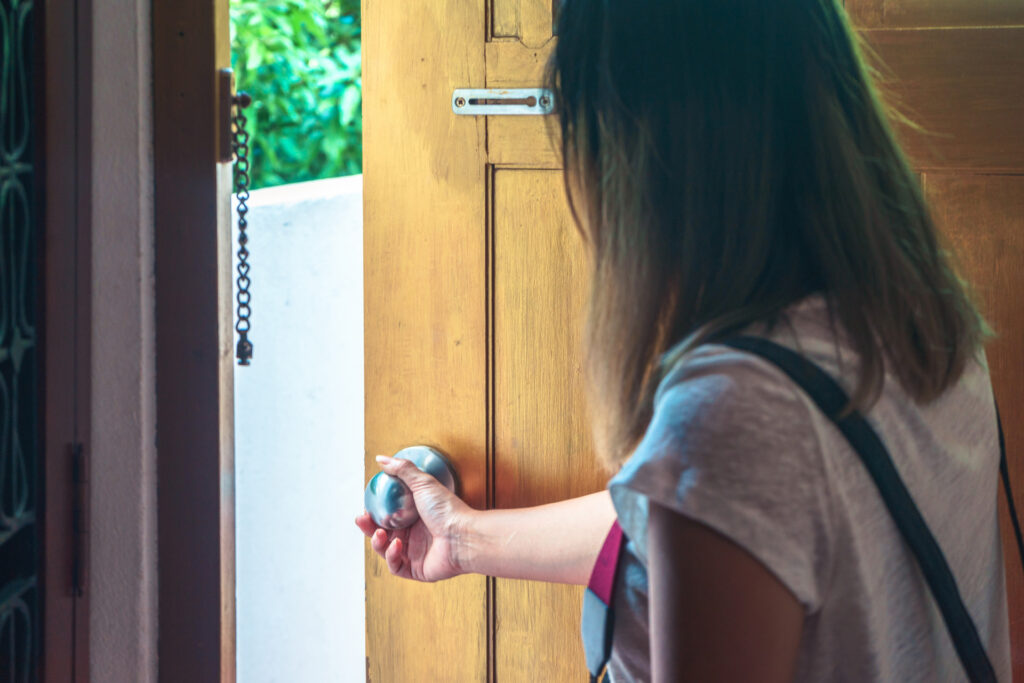Increase in number of high acuity clients with secure housing
Summary
- For clients with very complex needs, securing housing is instrumental in their journey out of homelessness.
- 344 new clients with complex needs moved into secure homes with Launch Housing, a 14% increase from last year
- 63% of new tenancies were for women
- First Nations clients comprised 10% of new tenancies
Analysis
Our work focuses on housing people who have very complex support needs
This year, we supported 344 new clients with complex needs to move into secure medium and long-term housing owned or managed by Launch Housing, a 14% increase from last year. Over the past three years, we have supported 1080 new clients with complex needs into secure housing.
Our teams specialise in providing trauma-informed support to high acuity clients. These clients often face multiple and complex challenges, including:
- diagnosed mental health issue/s
- experience of family and domestic violence
- a history of out of home care
- problematic alcohol and other drug use
- a history of involvement in the criminal justice system
- Experience of violence or sexual assault.
These multiple, complex and overlapping lived experiences can lead to challenges for people in successfully maintaining positive housing outcomes and integrating into their local community.
A spotlight on women escaping violence
Over the past three years women with active tenancies through Launch Housing have increased from 57% to 63%. This likely reflects the types of properties we manage or own, including purpose-built long-term supportive housing like Viv’s Place, which has added to housing stock available for women escaping violence.
It’s also reflective of a much broader, more insidious trend—in Australia, the biggest driver of women and children experiencing homelessness is family and domestic violence. In Melbourne, the increase in women and children experiencing family and domestic violence and presenting to homelessness services is unacceptable. Between 2014 and 2020, the proportion of households reporting family and domestic violence at their first presentation doubled.
Innovations within the homelessness and housing sector like Viv’s Place provides much needed support for women escaping violence to recover from trauma and rebuild. We analyse the impacts of these innovations in more detail in our Families and New Beginnings Theme.
Demographics
- diagnosed mental health issue/s
- experience of family and domestic violence
- a history of out of home care
- problematic alcohol and other drug use
- a history of involvement in the criminal justice system
- Experience of violence or sexual assault
Looking Ahead
We will continue advocating for a range of housing models that meet the needs of all of our clients, including those that are dealing with multiple complex challenges. This includes looking for government, philanthropic and corporate support to develop more housing models like Bellfield, Viv’s Place and Elizabeth Street Common Ground. We will also continue to commit 10-20% of new housing we build for First Nations community members.
Continuously looking for ways to improve our impact in this area will help us in our service design to ensure we are meeting the needs of people and providing the right supports at the right time. We are continuing to build our understanding of why some former clients return to our services for emergency accommodation and strengthening our data capture in this area.
